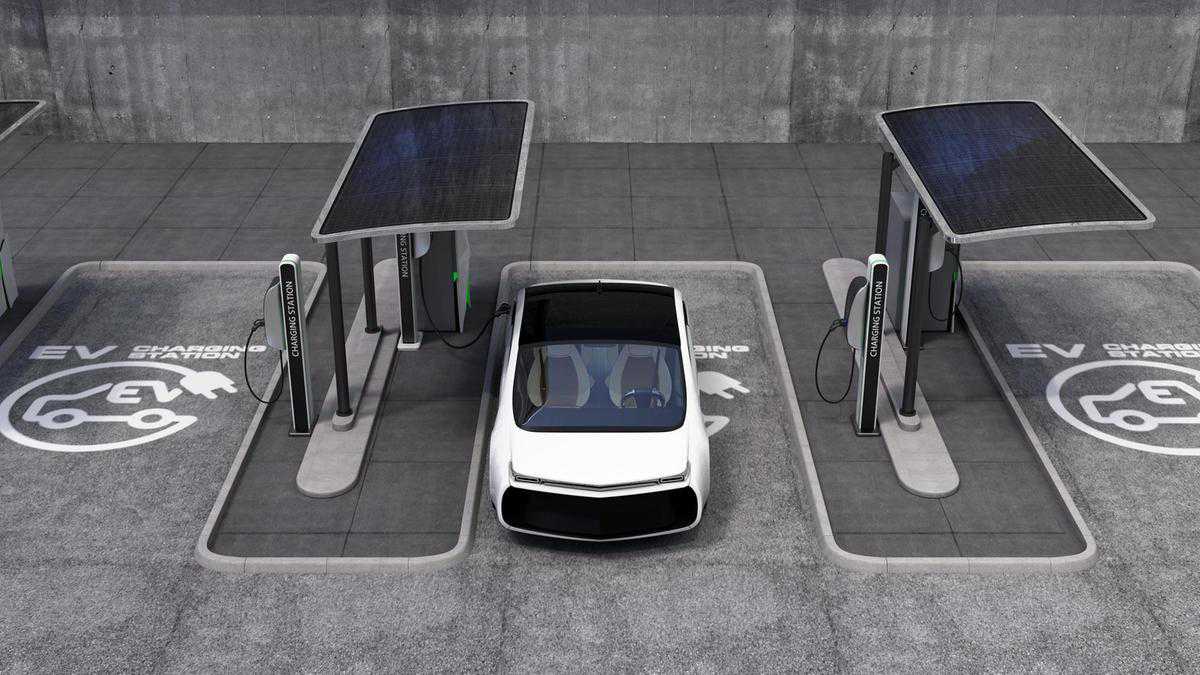World’s first 'intelligent' electric-vehicle battery revs up transport sector
11 October, 2020

The world’s first ‘intelligent’ electric vehicle battery was unveiled on Friday, revving up the electrification of the transport sector as the world distances itself from petrol-fuelled cars.
The battery, developed through a combo of Artificial Intelligence (AI) and High Throughput (HTP) technology, is being made by Slovakia-based EV battery producer InoBat Auto.
“The world’s first intelligent battery marks an enormous leap forward in the electrification of transport. These batteries will be tested and developed further with scale production starting next year.” said Marian Bocek, co-founder and chief executive of InoBat, at the Globsec Tatra Summit 2020 in Slovakia. “No other battery cell maker gets the technology to find and demonstrate battery chemistries as quick.”
Electric carmakers have already been clamouring for a breakthrough to improve their fleets and extend their lifespan, as commercial success for EVs depends largely on a shorter recharging time.
Although it currently takes about 30 minutes to charge an EV to 80 %, the Institute of Chemistry at the Chinese Academy of Sciences in Beijing, says its alternative electrode material can slash that point to less than ten minutes in a laboratory setting, in line with the journal Science. Such a battery could travel 966 kilometres on a single charge, compared to the Tesla Model S, that includes a range of 644km.
InoBat claims its technology-led method of production allows it to create batteries more quickly and efficiently and deliver a 20 % increase in the operational range of the existing best-in-class EV models.
The business declined to comment on the precise charging times and selection of its batteries, when asked by The National, saying it targets the needs of its customers, rather than a “one-size fits all” approach.
Mr Bocek said InoBat's AI-driven battery will propel the EV market forward as the energy units could be commercialised drastically faster than its opponents and customised to any electric vehicle.
“This technology enables InoBat to reduce its reliance on cobalt, in addition to also boosting energy density to an objective of 330 Wh/kg (Watt-hours per kg) and 1,000 Wh/L by the end of 2023,” the company said.
Financed by an exclusive equity consortium of investors and technology companies, InoBat will open the world’s first AI-driven battery Research & Development battery centre in Voderady, Slovakia, next year. The company will also build a €1 billion 10 GWh Gigafactory in 2025 to scale up its global procedure with plans to provide batteries to 240,000 EVs.
The battery launch comes days after former Aston Martin leader and ex-Nissan chief planning officer Andy Palmer joined InoBat as non-executive vice chairman to greatly help drive the company’s electrification vision.
The International Energy Agency predicts demand for oil will plateau by 2030 because of global uptake of EVs. Sales of electric cars reached 2.1 million worldwide this past year, in line with the Global EV Outlook 2020.
European oil companies are now ramping up their contact with renewable energy as governments, consumers and investors demand swifter moves to tackle climate change.
French oil company Total said on Friday it had been investing into US fuel-cell lorry start-up Hyzon Motors, as the business looks to boost the development of cleaner energy sources.
The strategic investment was created by the company’s venture-capital arm, Total Carbon Neutrality Ventures, and follows other recent alternative-energy investments created by Total, like the production of electric-vehicle batteries and biofuels.
Source: www.thenational.ae
